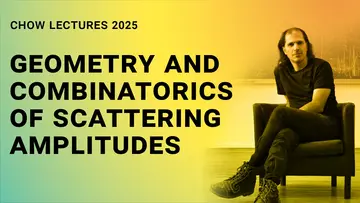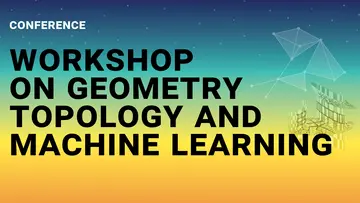Fundamental questions in the natural and engineering sciences have always inspired mathematicians to search for new mathematical structures and methods. The interaction between mathematics and the sciences forms the central point of research at the Max Planck Institute for Mathematics in the Sciences (MPI MiS).
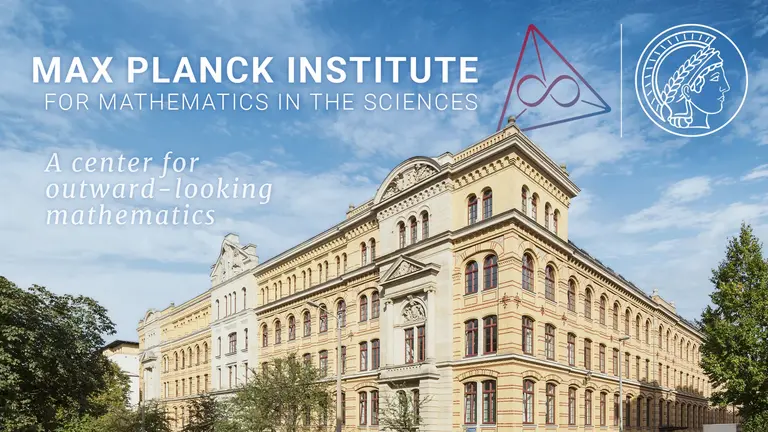
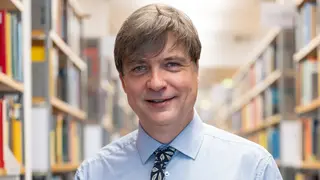
Our research focus is the analysis of continuum models that originate in materials science and fluid mechanics. Our technical expertise is in the calculus of variations and partial differential equations.

Our research focusses on fundamental problems in algebra, geometry and combinatorics that are relevant for nonlinear models.

The main focus of this group is on rigorous applied mathematics, mainly involving partial differential equations and the calculus of variations. We bridge several mathematical sub-disciplines by applying methods originally developed for differential geometry (Gromov) to fluid dynamics and nonlinear elasticity.
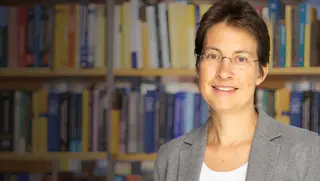
We conduct fundamental research in geometry, group theory, and dynamics, explore applications and interactions with other sciences and engage in communicating mathematics to the broader public.
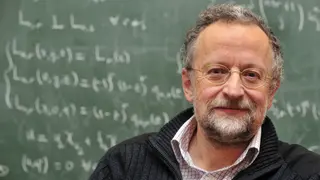
The emeritus group of Jürgen Jost is an interdisciplinary research team that carries out research in pure mathematics and explores new approaches to complex systems in a wide range of domains, bringing in the spectrum of mathematical concepts and methods in novel ways.
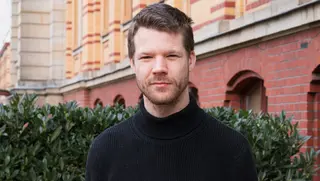
We are interested in applications of Stochastic Analysis in Mathematical Physics, more specially in using probability to study Gibbs measures coming from Quantum Field Theory and Statistical Mechanics.
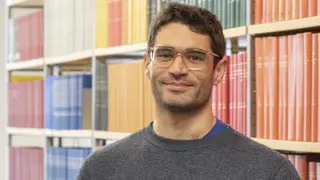
We are interested in various geometric structures on surfaces and 3-manifolds and the understanding of their geometry and deformations. Some deformations yield dynamical systems on moduli spaces; ergodic theory offers new perspectives on these objects.
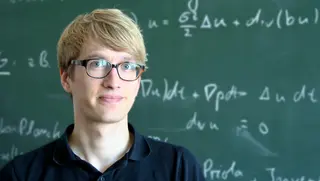
Our focus is on the study of stochastic partial differential equations (SPDEs), nonlinear partial differential equations, stochastic dynamics, interacting particle systems, machine learning, and fluid dynamics.

We advance key problems in Deep Learning Theory using geometric analysis. Our mission is to consolidate the theoretical foundations for the success of Deep Learning and make them more broadly applicable. We draw on innovative mathematics to streamline progress into new frontiers.

Following the sad news of Sayan's passing, the group was dissolved. The former group members have now been assigned to other groups. The group ‘Stochastic Topology and its Applications,’ which was funded by Sayan's budget, continues to exist.

Our goal is to explore and broaden the scope of algebraic geometry and its connections with different branches of math & sciences. We are driven by the belief that this field transcends traditional boundaries, promoting collaboration & practical applications.

We conduct research at the interface of mathematics and theoretical physics, making use of a high degree of cross-fertilization between physical ideas and intuition on the one hand and rigorous mathematical theory on the other.
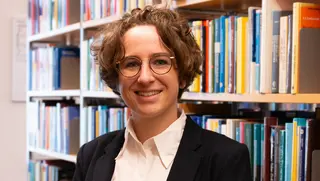
Algebraic analysis tackles linear differential equations and their solution functions by means of algebraic geometry. We are concerned with the concise study of these equations and explore further algebraic structures behind important functions in the sciences. We put a particular focus on Feynman integrals.

We study fundamental problems in differential geometry with a focus on symmetric spaces, harmonic maps, and geometric structures. We use classical methods as well as finding new approaches inspired by algebraic geometry, number theory, and dynamics.

We explore the topology of random combinatorial and geometric structures. Our research includes percolation models on lattices, configuration spaces, and random simplicial and cubical complexes. We also investigate extremal topological structures and their properties.
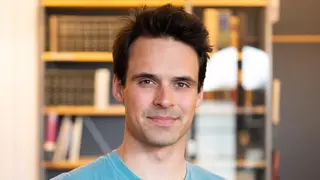
We are dedicated to solving computational problems in algebraic geometry and related areas using numerical techniques. This includes solving polynomial equations, computing geometric and topological invariants of algebraic varieties, algebraic optimization, tensor decomposition and variable elimination.
Directors
Nonlinear Algebra
Applied Analysis
Geometry, Groups, and Dynamics
Geometry and Complex Systems
News

Long Night of the Sciences 2025 Long Night of the Sciences 2025
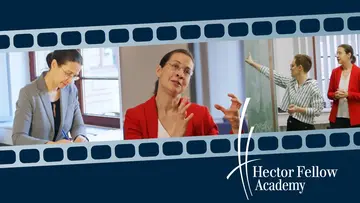
What School Doesn’t Teach Us About Mathematics What School Doesn’t Teach Us About Mathematics
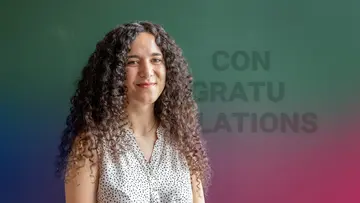
Young Talent Award for Laura Casabella Young Talent Award for Laura Casabella
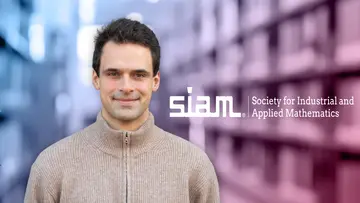
Simon Telen to Receive SIAM Award Simon Telen to Receive SIAM Award
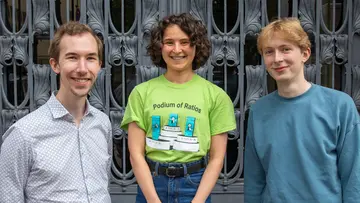
Meet Our New PhD Representatives Meet Our New PhD Representatives
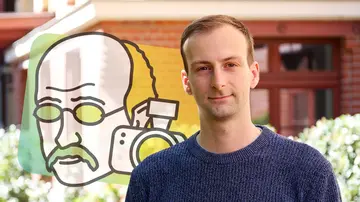
Lucas Broux Lucas Broux
Events
Conferences, Workshops, Lectures, etc.

DMV Topic Days Felix Klein DMV Topic Days Felix Klein
Seminars, Talks, Reading Groups etc.
Birkhoff-Bruhat Atlas and Total Positivity Birkhoff-Bruhat Atlas and Total Positivity
- Kaitao Xie (The University of Hong Kong)
C*-rigidity: a bridge between coarse geometry and C*-algebras C*-rigidity: a bridge between coarse geometry and C*-algebras
- Federico Vigolo (Universität Göttingen)
Mathematical gauge theory Mathematical gauge theory
- Leander Stecker
to be announced to be announced
- Dexiong Chen (Max-Planck-Institut for Biochemistry)
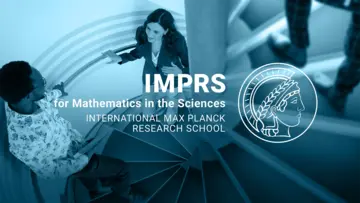
Graduate School Graduate School
Join the International Max Planck Research School Mathematics in the Sciences (IMPRS) PhD program. A collaboration between three Leipzig University Institutes and MiS. Our goal: guide students towards exciting research problems in physical and life sciences using a wide range of mathematical fields.

Open Positions Open Positions
We are committed to innovative fundamental research and transferring concepts from mathematics into other academic fields. We are always seeking new members for our vibrant community.
Are you ready to take the next step in your scientific journey as a PhD student, postdoc, or guest scientist?

Math Planck People Math Planck People
Research at MPI MiS is as diverse and multifaceted as the people who pursue it. Our Math Planck People portrait series gives a face to our research and introduces the personalities that make up our institute - our scientists & staff.

















